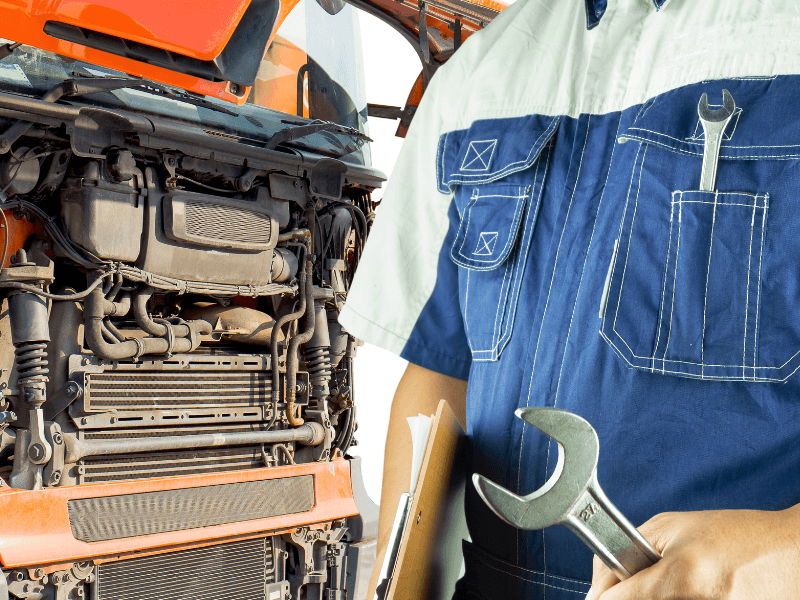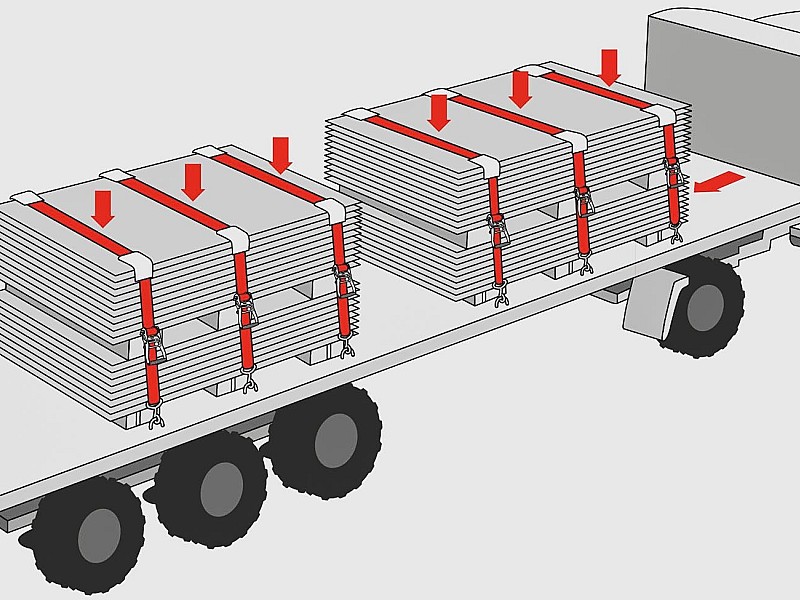
Proper truck maintenance is the cornerstone of a safe and efficient trucking operation. Ignoring routine maintenance tasks can lead to breakdowns, costly repairs, and even accidents on the road. In this blog post, we’ll highlight seven common truck maintenance tasks that should never be ignored to keep your truck running smoothly and safely.
1. Oil Changes
Regular oil changes are fundamental to your truck’s engine health. Engine oil lubricates and cools engine components, reducing friction and heat. Over time, oil becomes contaminated and less effective, leading to engine wear. Follow the manufacturer’s recommendations for oil change intervals, and use the appropriate oil type and viscosity for your truck’s engine.
Keep your journey on track with Fast Service’s 24/7 roadside assistance. Contact here.
2. Tire Maintenance
Tire maintenance is crucial for road safety. Regularly inspect your tires for signs of wear, punctures, and proper inflation. Underinflated tires can reduce fuel efficiency and handling, while overinflated tires can lead to reduced traction. Rotate and balance your tires as recommended to ensure even wear and maximize their lifespan.
3. Brake Inspections
Brake systems are among the most critical safety components of your truck. Regularly inspect your brakes for signs of wear, such as squeaking or grinding noises, reduced braking performance, or unusual vibrations. Replace brake pads and shoes as needed and ensure your brake system is properly maintained to avoid potential accidents.
Need assistance during your haul? Call us for efficient solutions.
4. Transmission Servicing
The transmission is responsible for shifting gears and transferring power from the engine to the wheels. Neglecting transmission maintenance can lead to costly repairs. Follow your truck’s manufacturer recommendations for transmission fluid changes and servicing. A well-maintained transmission ensures smooth gear shifts and optimal fuel efficiency.
5. Cooling System Checks
The cooling system regulates your engine’s temperature. Overheating can cause severe damage to your engine. Regularly inspect the coolant level and ensure it’s at the proper concentration. Inspect hoses, belts, and the radiator for signs of wear or leaks. Keeping the cooling system in top shape is essential for engine health.
You may also be interested in: Tips to improve your truck’s mileage and save money
6. Electrical System Inspections
Your truck’s electrical system powers essential components, from lights and signals to the starter motor. Regularly check your battery for corrosion and ensure cables are securely connected. Inspect lighting systems to ensure all lights, including headlights, taillights, and turn signals, are functioning correctly. Address any electrical issues promptly to maintain road safety.
7. Suspension and Steering Checks
Proper suspension and steering are vital for vehicle stability and control. Inspect your truck’s suspension components for wear, including bushings, shocks, and struts. Ensure proper wheel alignment and balance to prevent uneven tire wear and handling issues.
Maintaining your truck is not just a responsibility; it’s a critical aspect of ensuring both your safety and the efficiency of your trucking operation. The seven common truck maintenance tasks we’ve discussed should never be ignored. They serve as a preventive measure against breakdowns, costly repairs, and potential accidents on the road. Make a commitment to prioritize truck maintenance as an integral part of your trucking journey. By doing so, you’ll not only ensure smoother and safer travels but also maximize the efficiency and longevity of your valuable asset.
To get more information about us, follow us on Facebook and Instagram. Or call us right now for a road service on: repairtrucktrailer.com









